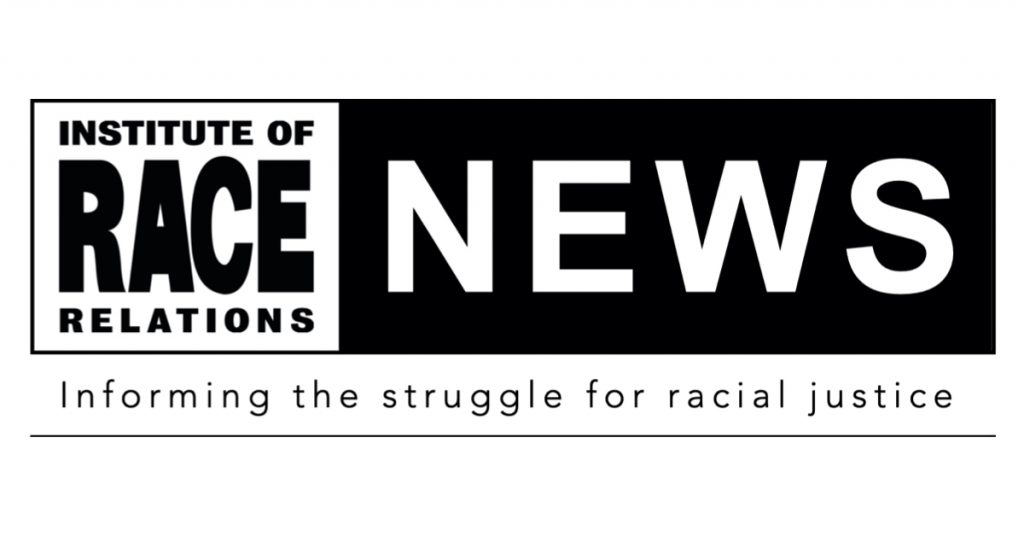IRR News 28 April – 12 May 2022
Our regular calendar of racism and resistance, which covers not only events in the UK but also across Europe, is not just an information-gathering exercise. We aim to provide our readers with opportunities to see how governments learn from one another. For instance, earlier this month, we reported on how the UK’s plan to send asylum seekers to Rwanda draws on an existing Danish-Rwandan framework agreement to strengthen cooperation on immigration – with an extra twist provided by the Danish government’s recent indication that it wants to study the UK’s ‘reception scheme’. And in this week’s Queen’s speech, the UK government confirmed its intention to introduce an ‘anti-BDS’ bill, modelled on similar legislation passed in several US states.
In the calendar this week, we detail the law-and-order package introduced by the Swedish government in response to what has become known as the ‘Easter riots’. These disturbances are reminiscent of the 2001 ‘riots’ in Oldham, Burnley and Bradford in that they spiralled out after Islamophobic demonstrations by the far Right. The framework of the Swedish package explicitly draws on the Danish ‘ghetto package’ in order to combat ‘parallel societies’, but is also remarkably similar to the UK response to the 2011 ‘riots’, which were, similarly, blamed on ‘gangs’ and ‘organised crime’. By searching our register on racism and resistance, readers can find much-needed facts, case studies and historical background on recent developments from across Europe.
Finally, the policing section of this week’s calendar highlights the gradual erosion of young people’s civil liberties through multi-agency policing. Again, this is not unique to the UK. Just as we learn (courtesy of media FOI requests) that immigration officers are embedded in departments in 25 local authorities, including child social services, we see the Swedish government’s plan is to accelerate police and social services’ collaboration in the setting up of new youth delinquency boards. Across Europe, there seems to be a doubling down in punitive responses to children and young people, with the UK justice ministry and probation service predicting that the number of children held in custody will double by 2024, in part due to the tougher sentences outlined in the Police, Crime, Sentencing and Courts Act.
IRR News Team

